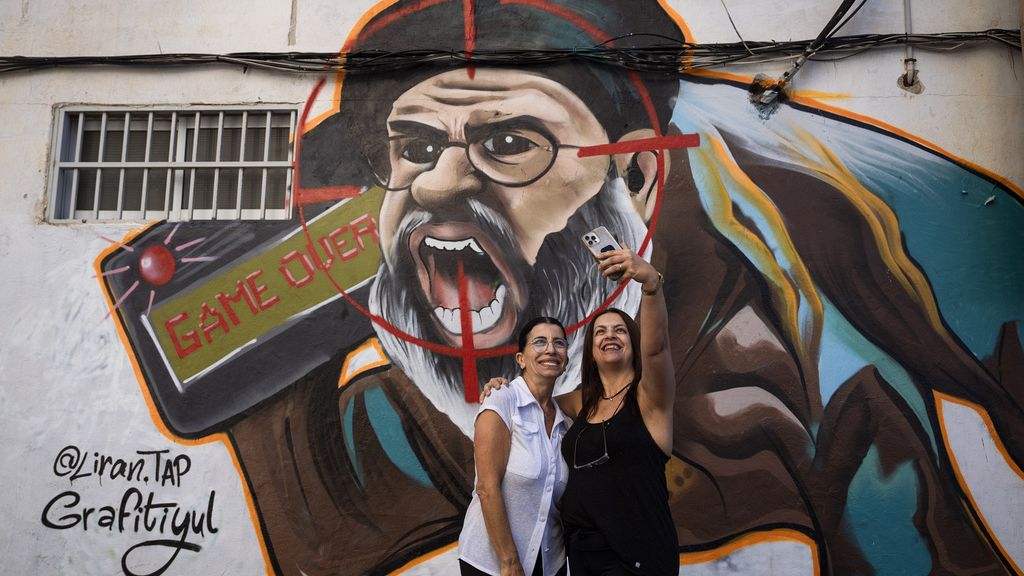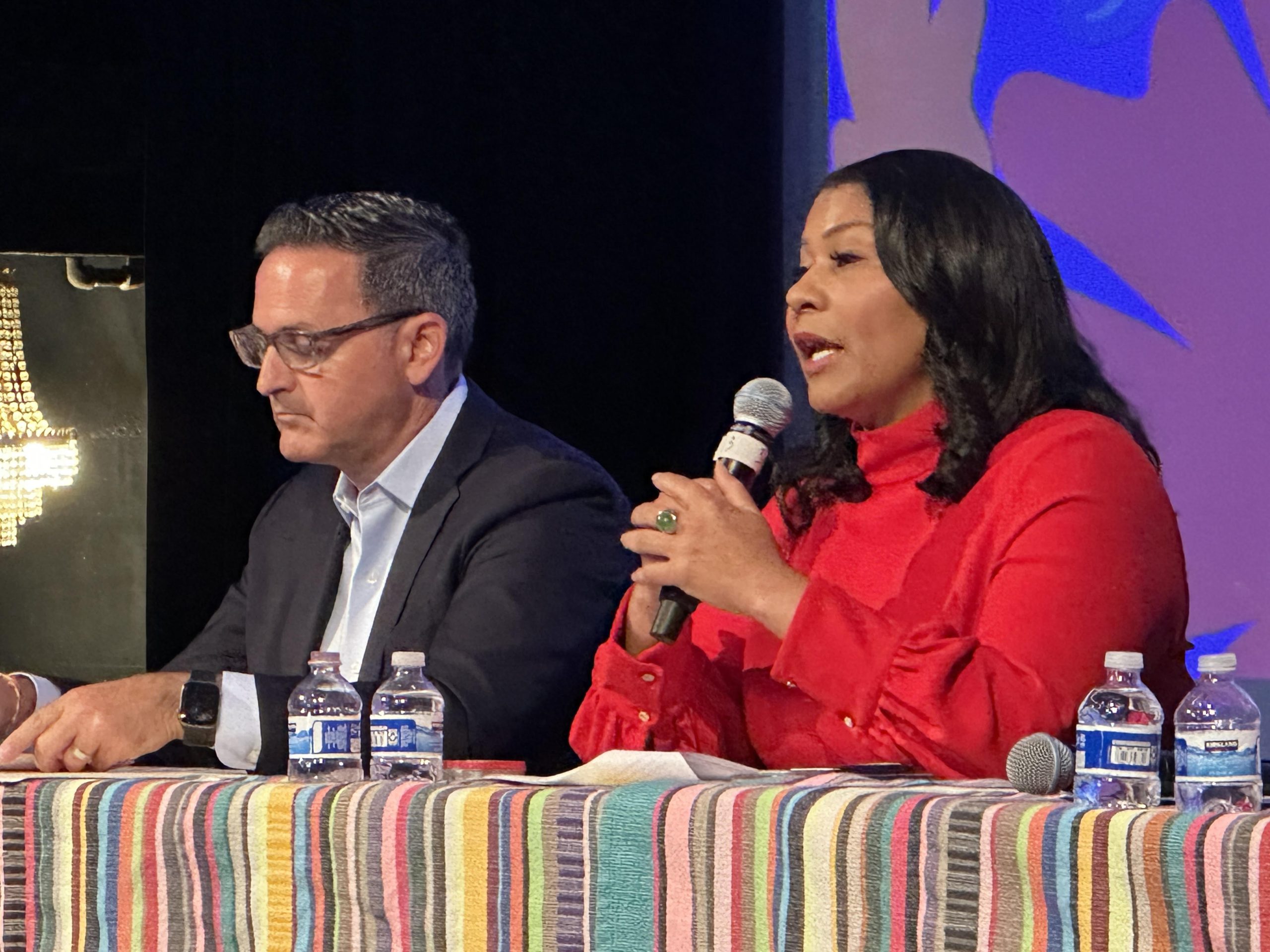[ad_1]
The comments came after Lebanon’s Hezbollah group confirmed on Saturday that Nasrallah, one of the group’s founders, was killed in an Israeli airstrike in Beirut the previous day.
Biden noted that the operation to take out Nasrallah took place in the broader context of the conflict that began with Hamas’ massacre of Israelis on Oct. 7, 2023.
“Nasrallah, the next day, made the fateful decision to join hands with Hamas and open what he called a ‘northern front’ against Israel,” Biden said in a statement.
He also noted that Hezbollah under Nasrallah’s watch has been responsible for the deaths of thousands of Americans, Israelis and Lebanese.
Hezbollah attacks against U.S. interests include the truck bombing of the U.S. Embassy and multinational force barracks in Beirut in 1983 and the kidnapping of the Central Intelligence Agency chief of station in Beirut, who died while held captive. The U.S. said Hezbollah leaders armed and trained militias that carried out attacks on American forces during the war in Iraq.
The White House sees the death of Nasrallah as a huge blow to the group. At the same time, the administration has sought to tread carefully as it has tried to contain Israel ‘s war with Hamas, which, like Hezbollah, is backed by Iran, from exploding into an all-out regional conflict.
The White House and Pentagon were quick on Friday, shortly after the strike, to say publicly that Israel offered it no forewarning of the operation.
But some analysts doubt the US had no knowledge of the massive airstrikes. They point to the close military relationship the US has with Israel, which includes providing it with billions of dollars of sophisticated weaponry each year. Only on Thursday Israel announced it was to receive a new military aid package worth 7.8 billion euros from Washington.
“President Biden and I do not want to see conflict in the Middle East escalate into a broader regional war,” Vice President Kamala Harris said in a statement on Saturday that echoed Biden’s description of a “measure of justice.” She added, “Diplomacy remains the best path forward to protect civilians and achieve lasting stability in the region.”
The confirmation of Nasrallah’s death comes during a week that began with Biden’s top national security aides working on the sidelines of the U.N. General Assembly to build support for a 21-day Israel-Hezbollah cease-fire that they hoped might also breathe new life into stalled efforts to secure a truce in Gaza.
Israeli Prime Minister Benjamin Netanyahu delivered a defiant speech on Friday to the United Nations, vowing to keep up operations against Hezbollah until tens of thousands of Israeli citizens displaced by rocket attacks can return home. Shortly after, Israel carried out the strike killing Nasrallah.
Biden reiterated on Saturday that he wants to see cease-fires both in Gaza and between Israel and Hezbollah.
“It is time for these deals to close, for the threats to Israel to be removed, and for the broader Middle East region to gain greater stability,” Biden said.
Months of effort by the United States – and other mediators – to secure a ceasefire between Israel and Hamas in Gaza however have so far failed.
Iranian President Masoud Pezeshkian accused the United States of supporting the killing that took out Nasrallah and dozens of others.
“The world community will not forget that the order of the terrorist strike was issued from New York and the Americans cannot absolve themselves from complicity with the Zionists,” Pezeshkian was quoted as saying in a statement read on Iranian state television.
[ad_2]
Source: www.yahoo.com



